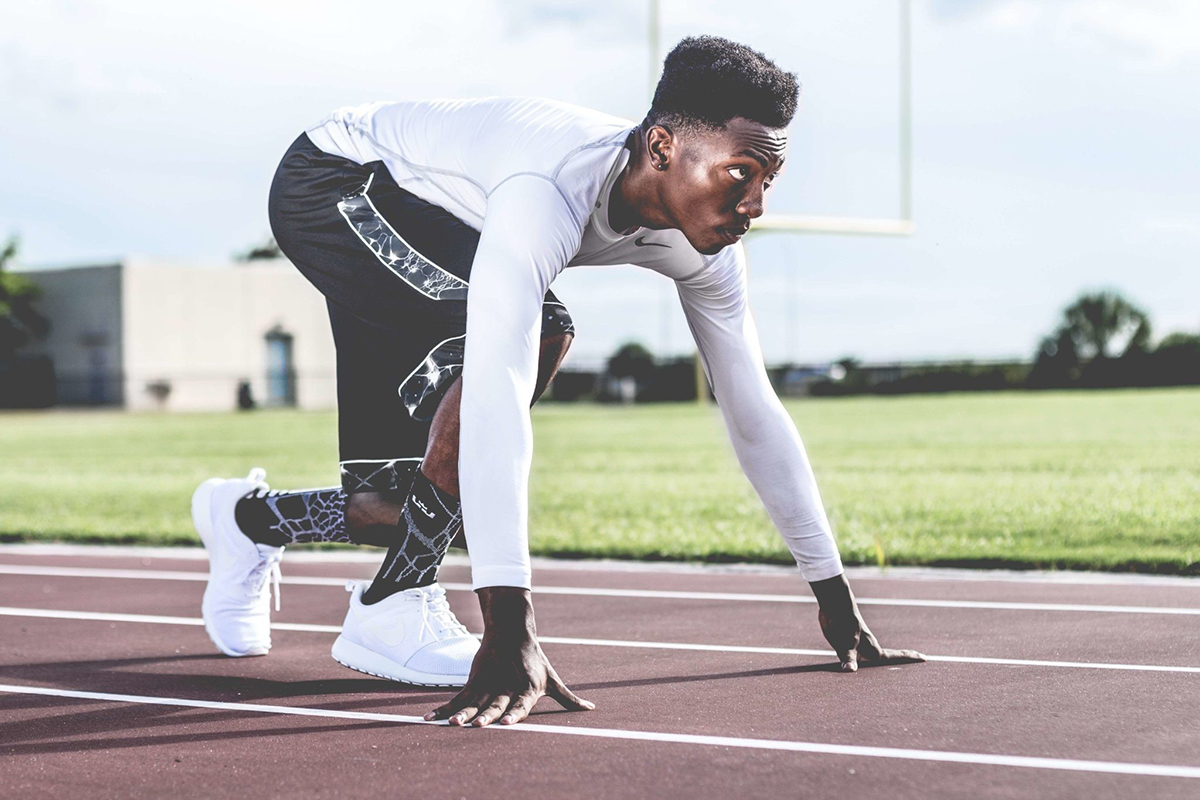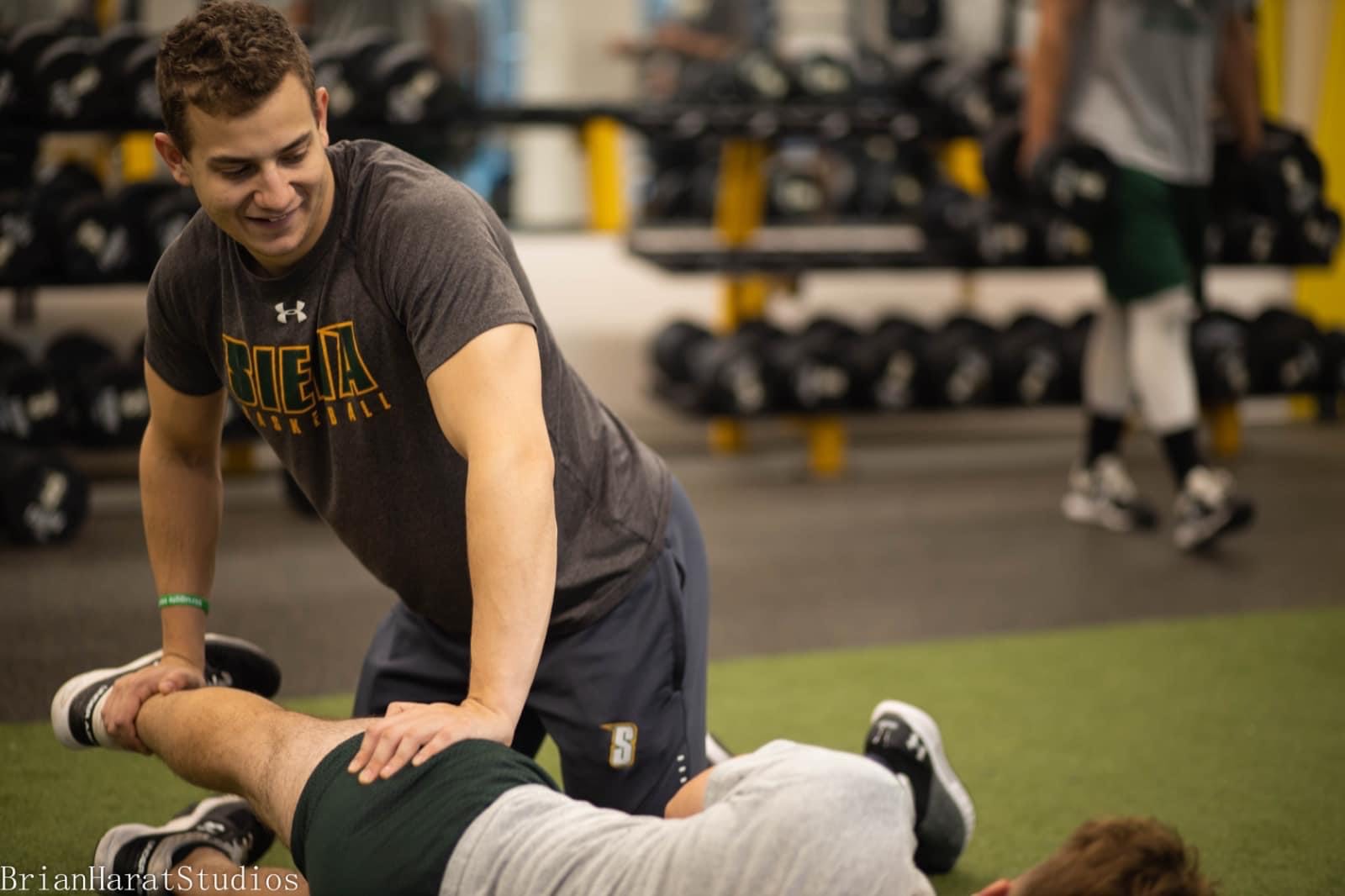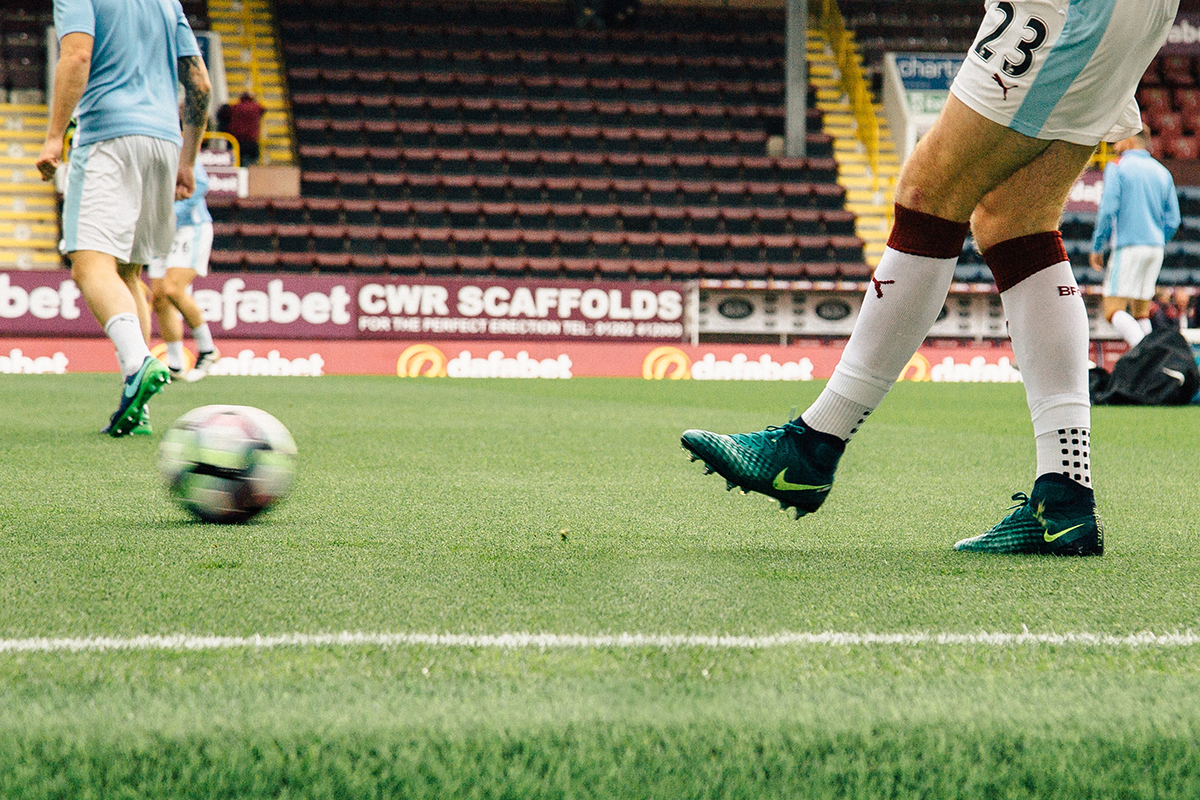Eating Disorder Support Guide for Coaches/Team Staff
by Galea Health
Navigating conversations about eating disorders can be challenging, and athletes can feel particularly motivated to hide their thoughts and behaviors in an attempt to continue participation in their sport.
Even so, athletes who have experienced an eating disorder report that having someone important to them express concern greatly contributed to their ability to accept and find help.
As challenging as the recovery process might be, know that you have the opportunity to help by reaching out and offering support.
Self-reflecting before offering help
1) Before having a conversation about eating and body image concerns with someone close to you, think about your role in their life. This check-in will help you acknowledge how you can offer support without overstepping boundaries.
Ask yourself: How might my relationship to this person influence our conversation?
Parents: Don’t let eligibility drive the conversation
Peers: Drop any thoughts of judgment and comparison
2) Next, note why you want to have this conversation. Remove any reason that doesn’t include concern for their health and well-being. Remember: there’s more to eating disorders than meets the eye and there’s more to athletes than participation in sport. Leave aesthetic and athletic-driven motivations at the door.
Ask yourself: Why do I want to have this conversation?
Compassionate reasons include:
- Create space for understanding and validate feelings
- Aid in the search for treatment (therapist, nutritionist, physician)
- Check in and encourage ongoing recovery
How to talk about it
Use compassion
- Use “I” statement instead of “you” statements
- When choosing a place to talk, avoid meeting in places where food is the focal point (e.g., at a dining hall).
- Be specific when noting concerning behaviors but ask open-ended questions to hear their perspective.
- “I’m concerned about you because I’ve noticed ___ (you seem stressed/tired; you’ve been missing meals). Is something going on?”
De-emphasize appearance
- Only medical professionals should comment on weight and provide nutrition advice.
- Emphasize that there is no reason to feel ashamed of struggling with food and body image.
- There is no “right” body type as an athlete and there are many factors that contribute to success (sleep, energy, and well-being, to name a few).
- Ask about feelings rather than appearance. Eating disorders are almost never only about appearance. Feeling out of control, insecure, guilty, unsafe, and shameful also often contribute to EDs.
Address their responses
- “Does my team/coach know?” → Assure confidentiality
- “Will I get pulled from my sport?” → Athletic participation is secondary to health and well-being.
- “But I’m still playing well…” → EDs have lasting and detrimental impacts on health regardless of athletic performance.
- “My sport makes these thoughts worse.” → Emphasize you’ll be there for them through their changing relationship to sport.
- In all of these instances, offer support in the search for treatment (provide resources, suggest therapists).
Avoid these approaches
- Don’t criticize an athlete's food choices or how they eat.
- Don’t use language that places blame (“you’re making me worried”).
- Don’t use manipulative or threatening statements (“Think about what you’re doing to me;” “I’m going to tell”).
- Don’t give simple solutions (“just eat more;” “you just need to accept yourself”).
- Don’t diagnose.
Examples of open-ended questions to ask someone you’re concerned about
- Don’t criticize an athlete's food choices or how they eat.
- Don’t use language that places blame (“you’re making me worried”).
- Don’t use manipulative or threatening statements (“Think about what you’re doing to me;” “I’m going to tell”).
- Don’t give simple solutions (“just eat more;” “you just need to accept yourself”).
- Don’t diagnose.
Why language matters
Research finds that the comments that collegiate coaches make about their athletes’ weight and appearance plays a major role in their participation in unhealthy eating habits. Female athletes in particular have been found to be uniquely influenced by both positive and negative comments about food and appearance, reinforcing that the language we use when navigating conversations about eating disorders is very important. Questions and comments, even if they are offhand and well intended, can have lasting effects on others.
Miscommunication and mindful language
People with eating disorders can subconsciously twist phrases that they hear to fuel their eating disorders. These translations highlight why it’s important to be conscious of the language we use when talking to someone who has an ED. Below are some example statements and the ways they can be manipulated. Keep these translations in mind to better understand what it might be like to experience an eating disorder, but don’t let this keep you from having a conversation.
Example translations
- “You look healthier/better.” → “You look fatter.”
- “I am so proud of you. You’re doing everything the doctor asks without a problem.” → “You’re weak and don’t really have an ED.”
- “I never eat breakfast.” → “You think I don’t deserve to eat breakfast.”
Empathy and self-compassion
Empathy is crucial to supporting someone with an ED. Focus on unconditional support — ”I’m so proud of you” rather than “I’m so proud of you for eating better.” It’s best to steer clear of comments that relate to food or physical appearance.
It’s also important to practice self-compassion. If you’re trying everything you can to support your loved one but feel like your words aren’t getting through, it’s most likely not your or your loved one’s fault but is an effect of the eating disorder. Ask your loved one how they would like to be supported and if they’re not sure, just keep showing up.
Recovery-specific language
The idea of having to give up control of training and weight can be terrifying to athletes in recovery. Do your best to avoid appearance-based comments that reflect weight or their relationship to food. Instead, show unconditional support and focus on compliments related to character or style, or just ask them how they’re doing and let them bring up their recovery process if they’d like to.
Keep in mind
- Check in often and focus on how they are feeling.
- Conversations should be about health (not weight, calories, or size).
- Don’t talk about food being “healthy” or “unhealthy.” One goal of recovery is to stop putting food in categories.
- If you’re a coach or a teammate, take measures to prevent “fat talk” or toxic body comments that are prevalent in the locker room and at practice.
- Remind the athlete that you are there for them but remember that it is not your job to offer nutritional advice or psychological advice.
- Educate yourself. Lacking proper knowledge about EDs can make the person you are supporting feel like their challenges are minimized.
- Express gratitude. Thank the person you are supporting for allowing you into this vulnerable process.
Affirmations that aren’t about appearance
Showing support
- “I’m so proud of you!”
- “I’m here for you.”
- “You’ve got this.”
- “It’s okay to take time to rest.”
Giving compliments
- “You’re glowing.”
- “I love your smile.”
- “That dress is so cute.”
- That color looks so good on you.”
Key conversation takeaways
- Express concern
- Respect the sensitivity of the subject
- Practice non-judgment
- Ask open-ended questions
- Show unconditional support



